Department of Physics


Research activities of the Faculty of Physics, including theoretical and experimental activities, are carried out in five different research groups.
Our Astronomy group conducts research across a wide range of topics, integrating theory, observation, and computation to study phenomena from small-scale processes to vast cosmic structures. Our work spans cosmological models, black hole physics, and gravity, while also studying the formation and dynamics of globular clusters and galaxies. Additionally, we explore highly energetic events like astrophysical jets, as well as smaller-scale phenomena such as proto-stellar disks (proto-planetary disks).
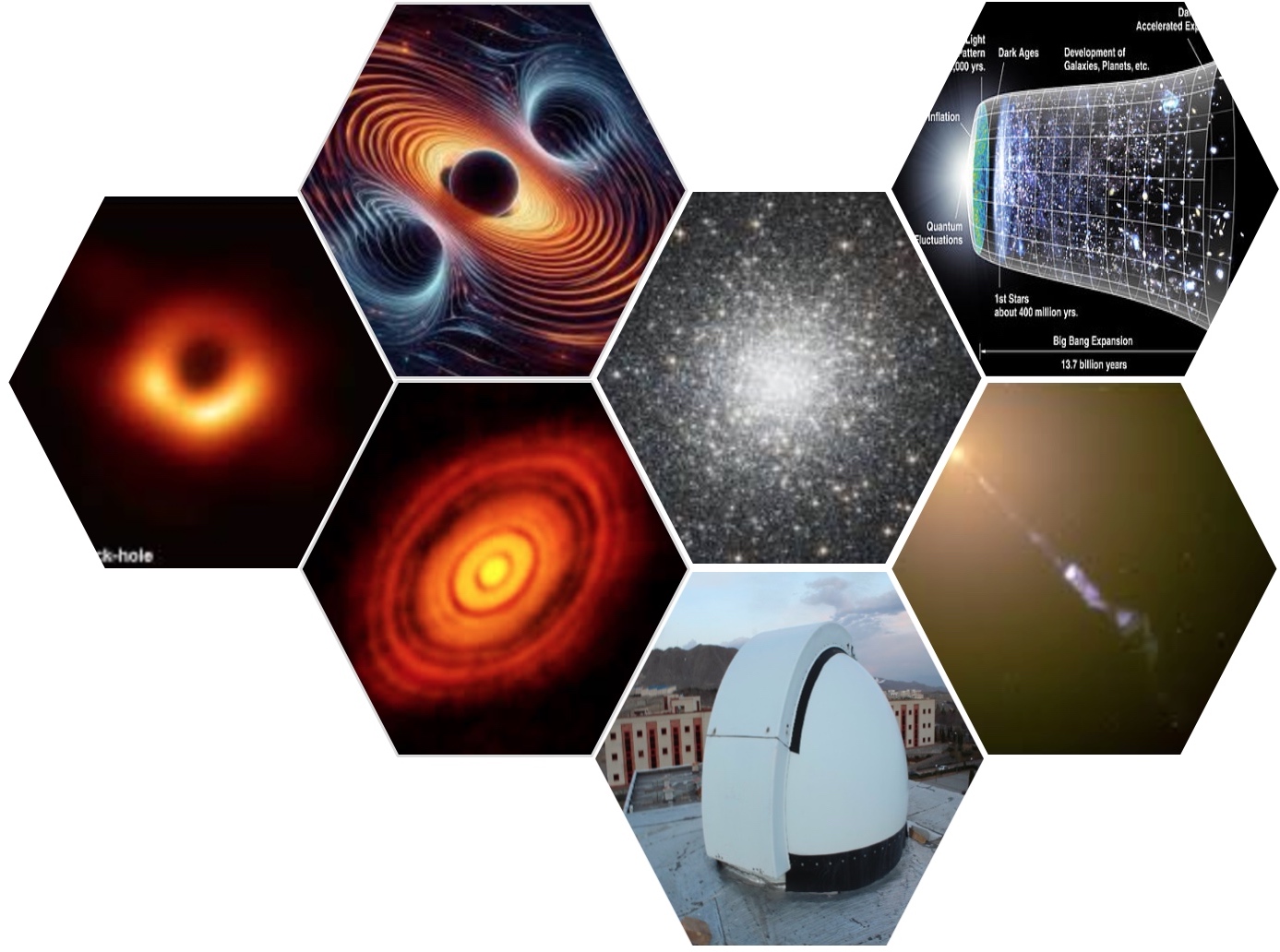
The members of the complex systems group use complex networks theory, statistical physics, stochastic processes, theoretical and computational neuroscience and dynamical systems, besides modeling and numerical simulations to study a variety of the problems in distributed systems, social systems, biological systems, and neuronal and neuromorphic systems. These include structural and dynamics interplay, epidemic spreading, opinion dynamics, brain rhythms, and criticality in neural networks, as well as memristor-based neuromorphic systems.
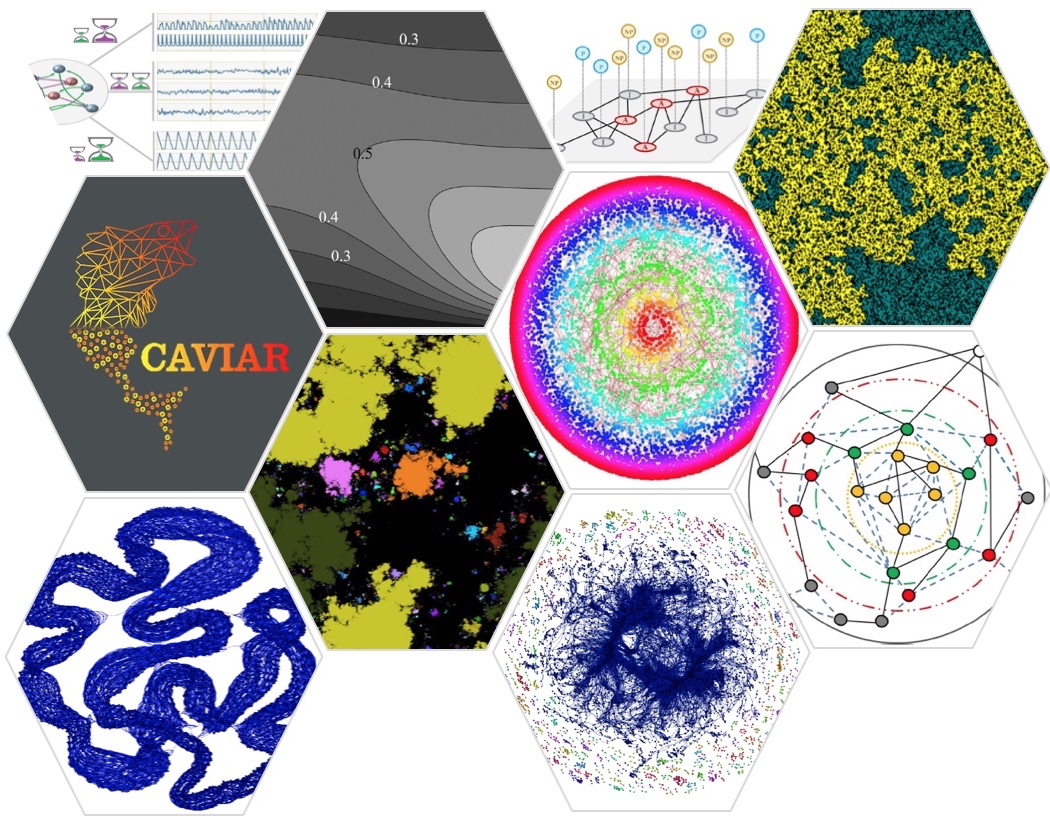
Our research group explores the exciting world of quantum mechanics and its transformative potential across science and engineering. We focus on pioneering developments in key domains: quantum metrology; quantum communications; quantum simulation; quantum optimisation; quantum optics; quantum machine learning; quantum entanglement; quantum materials; spin phenomena and topology; topological superconductors; and superconducting qubits. Our team is dedicated to advancing both theoretical foundations and practical applications of quantum science. We actively collaborate with academic and industrial partners to translate quantum research into practical solutions, positioning our work at the forefront of the second quantum revolution.
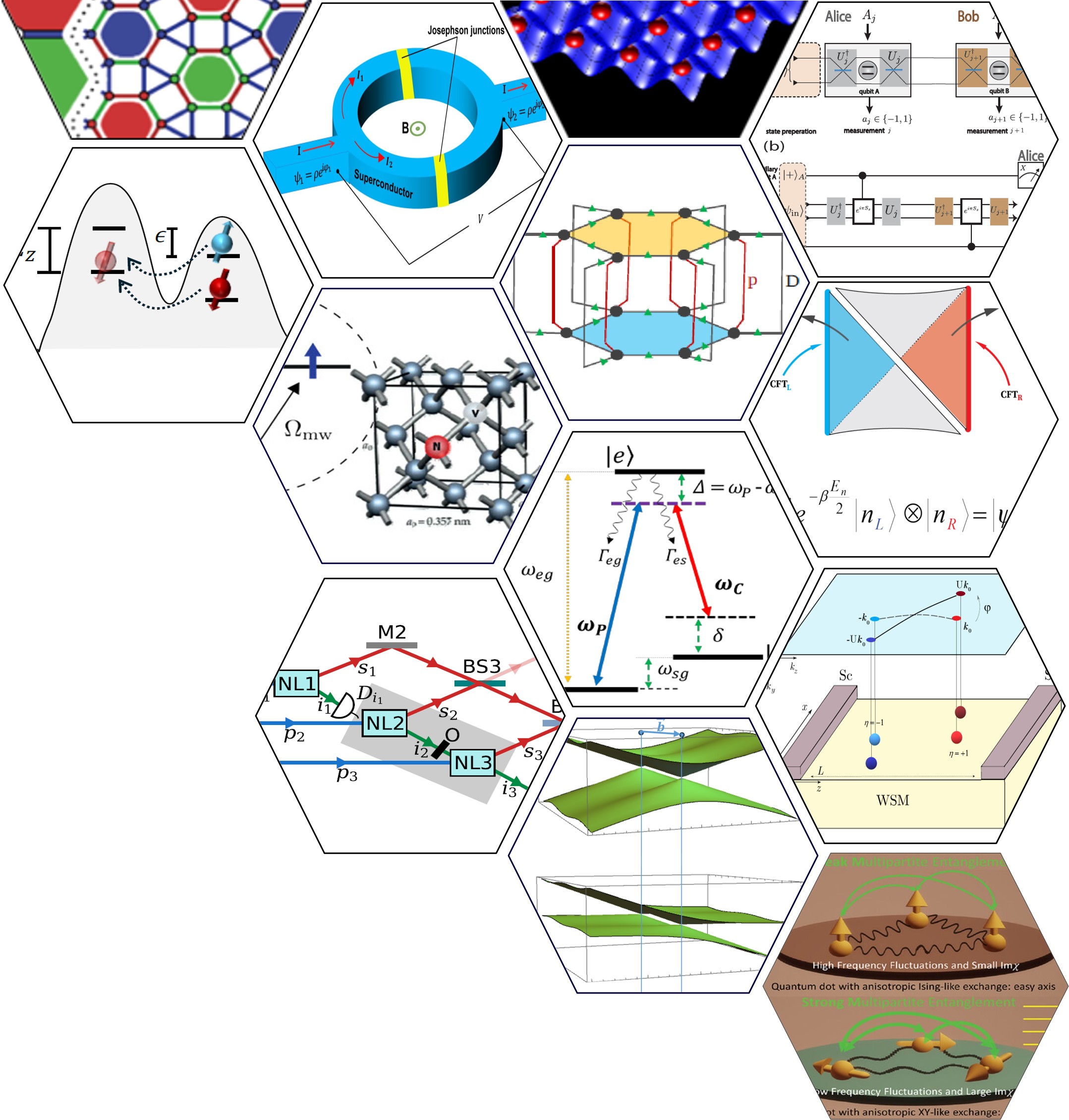
The Optics and Photonics family includes ten theoretical and experimental research groups. Cutting-edge experimental research is conducted across several advanced laboratories. The service labs provide various optical characterization and measurement facilities for both internal departments and external clients. Key research areas include quantum optics, quantum information, LiDAR, structured beams, innovative microscopy techniques, diffraction studies, multidimensional imaging, plasmonics, optical tweezers, and acoustic tweezers.
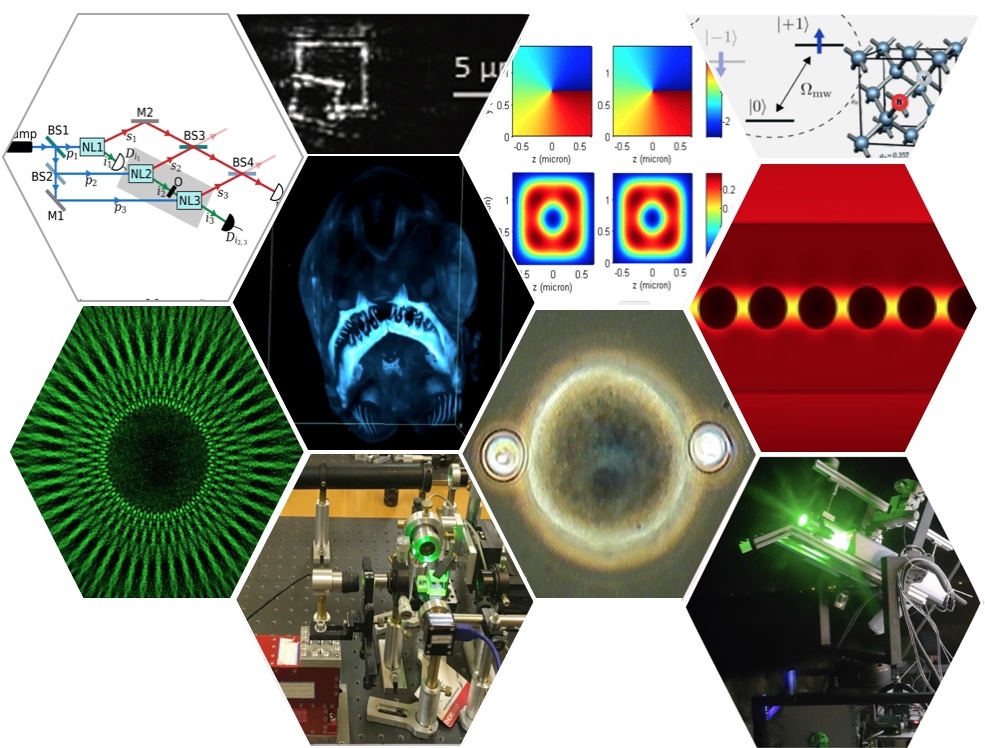
Quantum matter is a branch of condensed matter physics which studies the properties of solids and fluids in a quantum realm. The quantum matter group of IASBS consists of theoretical and experimental physicists. On the theory side, we study strongly correlated systems, topological materials, superconductors, and ultracold gases. We also work on non-equilibrium systems, quantum transport, and light-matter interactions. Our experimentalists investigate the electronic properties and transport in memristors, LEDs, solar cells, and solid-state supercapacitors. The ultimate goal is understanding and eventually synthesizing new quantum materials.
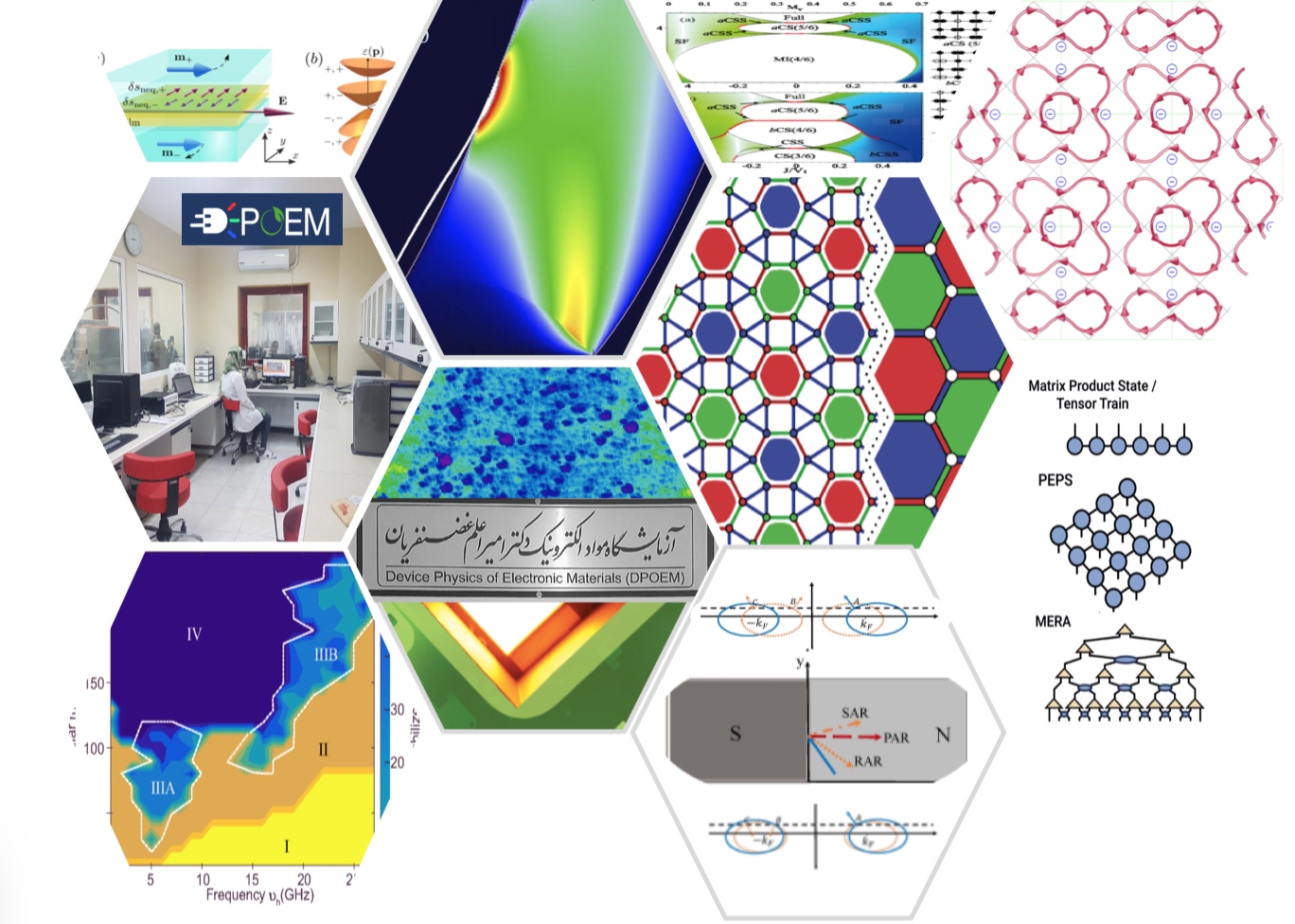
The Soft Matter & Biological Physics group focuses on theoretical, computational, and experimental research on a wide range of soft matter and biological systems from active matter, collective motions, biopolymers, biological motors, wetting phenomena, wet and dry granular matter.
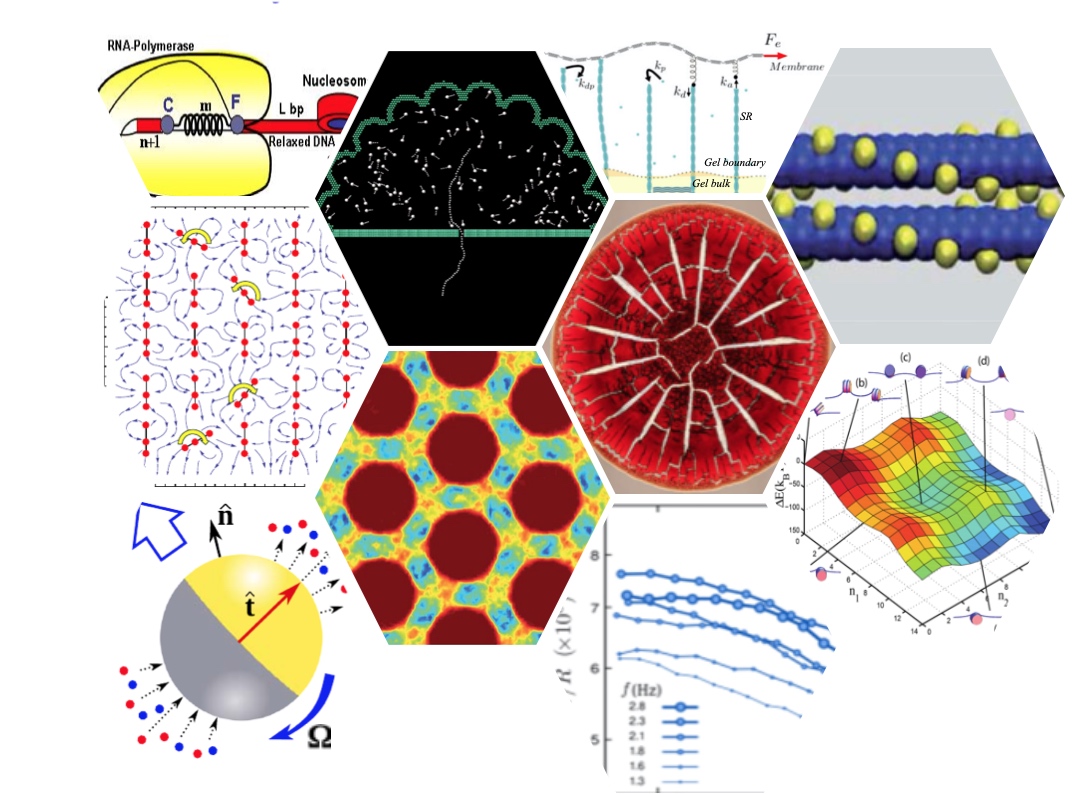
Developed by the IASBS Computer Centre